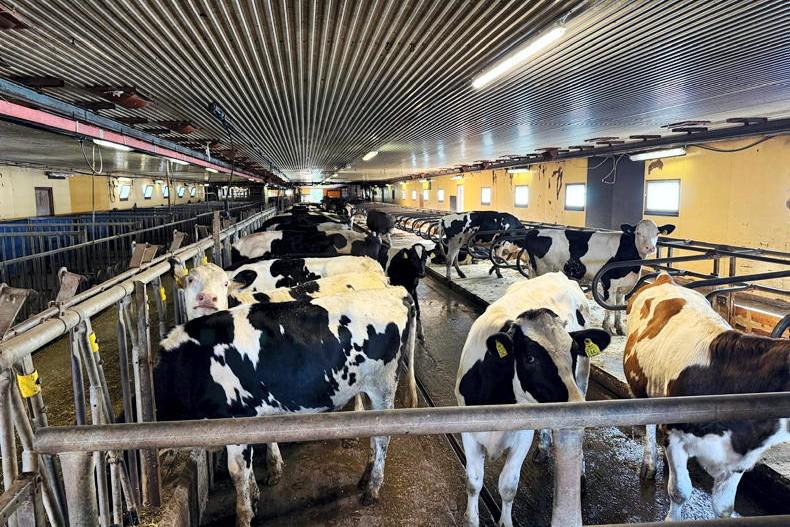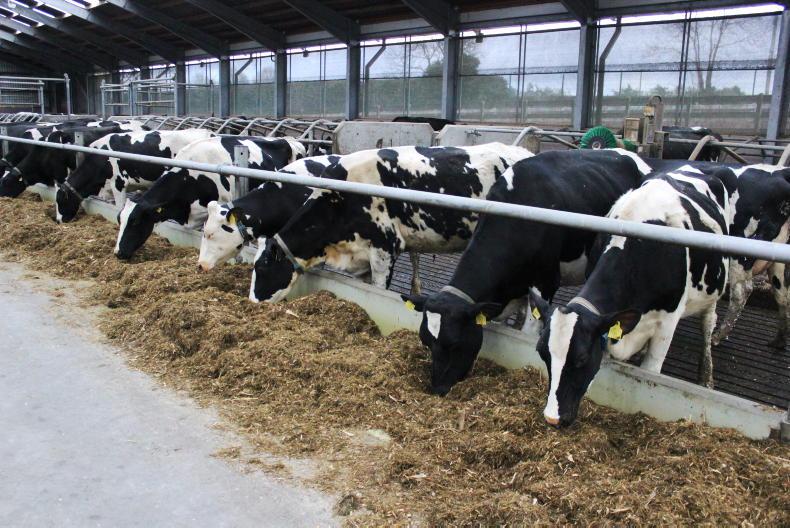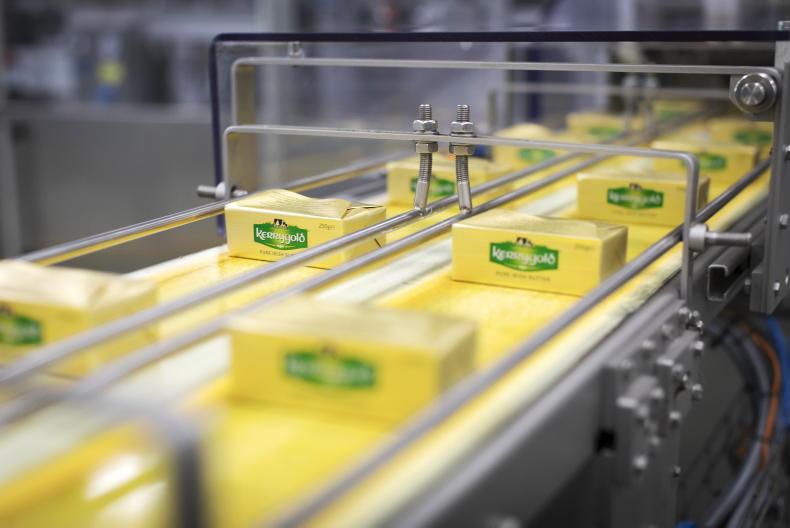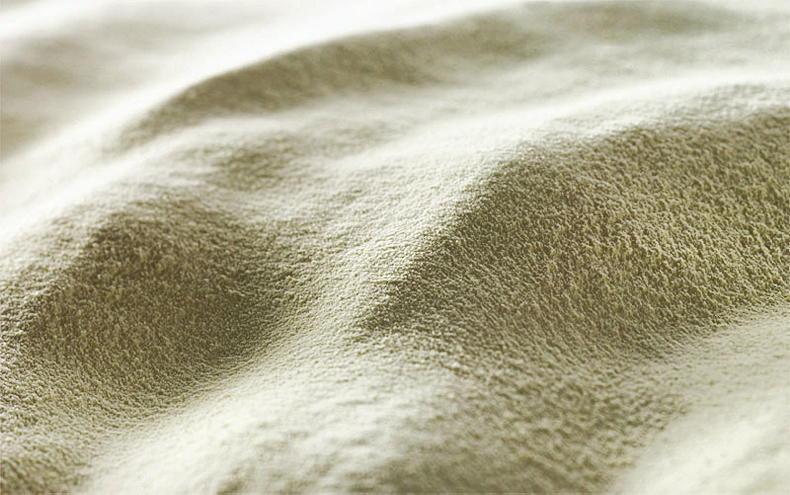Arla, one of the world’s top 10 dairy companies, reported full-year results on 20 February which reflected the story of the global dairy trade in 2023.
A very difficult first half of the year followed by a recovery in the second six months left revenue at the co-op practically unchanged from 2022 at €13.7bn, while there was a slight decrease in profit to €380m.
There was a big drop in Arla’s 'performance milk price', a measure of how much value Arla adds to every kg of farmers’ milk, which fell 8.1c/kg to 47c/kg.
Arla noted that despite the large drop from 2022 levels, that measure is still 15% above the longer-term average price. The company said that its strong performance in 2023 allowed for a supplementary payment of 2.07c/kg milk to farmers.
'Volatile market'
Arla Foods CEO Peder Tuborgh said that the co-op “navigated a deflated and volatile global dairy market” in 2023.
He said that “in light of this, I am very pleased that we, during 2023, managed to pay the second-highest ever average on account milk price and still deliver a high supplementary payment to our farmers”.
Arla’s 8,400 owner farmers are based across Denmark, Sweden, the UK, Germany, Belgium, Luxembourg and the Netherlands.
Looking at the brands under the Arla umbrella, Lurpak butter saw a 0.8% volume increase on 2022, with a revenue increase of 2.9% to €772m. There was also revenue growth in its Puck and Castello cheese brands, which reported combined revenues of also €772m. Arla protein saw revenue jump by 60.5% in the year.
The dairy processor said that it remains on track to meet its 2030 CO2 reduction targets after cutting close to 1m tonnes CO2 equivalent in the last two years.
In order to further incentivise progress, in 2023 Arla launched its sustainability incentive model, a points-based system to reward on-farm sustainability actions. Farmers can earn up to 3c/kg of milk if they implement all 19 actions in the model.










SHARING OPTIONS